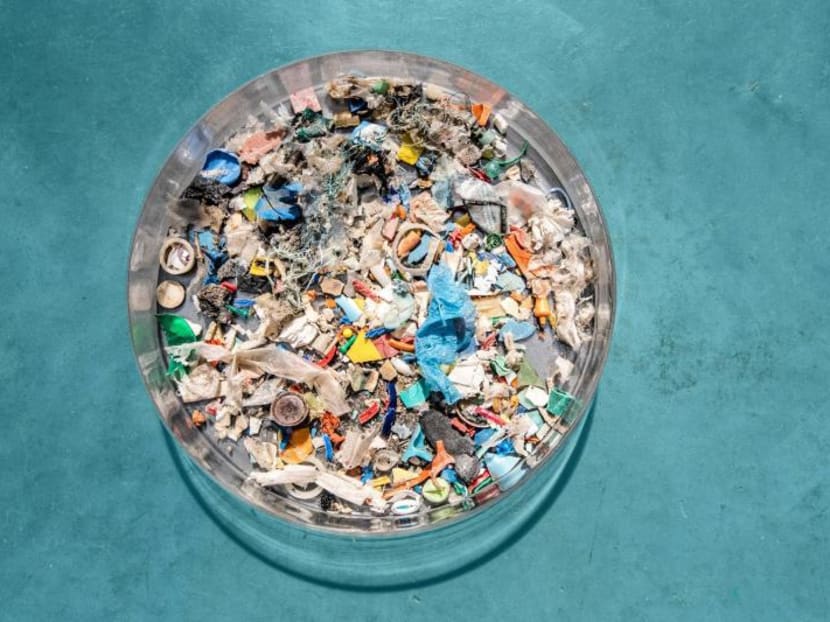Govt, businesses, individuals have part to play to reduce marine trash, plastic waste
I am glad and proud to hear that the first Seabin in Asia is installed here in Singapore (“Floating garbage can: First Seabin installed in S’pore waters at yacht club”: April 10).

The so-called Great Pacific Garbage Patch is four to 16 times bigger than previously thought, occupying an area roughly four times the size of California, according to a study published in Scientific Reports.
I am glad and proud to hear that the first Seabin in Asia is installed here in Singapore (“Floating garbage can: First Seabin installed in S’pore waters at yacht club”: April 10).
With the recent discovery of the “Great Pacific Garbage Patch” being 16 times greater than previously estimated, the Seabin may be one innovative way to deal with the bigger issue of marine trash, but it does not seem to be sufficient.
The Great Pacific Garbage Patch is the world’s largest collection of floating marine trash that lies in subtropical waters between California and Hawaii in the United States. Researchers found that 99.9 per cent of debris found floating in this mass is plastic, calling for greater action to be taken.
While the efforts made by various international and national bodies to clean up the oceans are commendable, it is only the tip of the iceberg.
Trying to clean up our oceans is just a remedial effort when looking at the bigger picture. Unless we begin to look at preventive measures and aim to tackle the problem at the source, plastics will always remain in our oceans.
This calls for a cooperation among individuals, organisations and governments. Moving towards cleaner waters will take nothing less than a combined effort.
For governments, it may be imposing levies or even a ban on plastic bags and disposables, following countries such as Costa Rica, India, Ireland, Kenya and more.
Businesses and organisations may also begin to reduce the use of plastic products in their operations. Foodpanda Singapore’s introduction of an opt-out option for plastic disposables is a simple example. Another example overseas is the plastic-free aisle found in Dutch supermarket chain Ekoplaza.
As individuals, our use of plastic disposables often seems insignificant in our eyes, but the accumulation of trash from thousands and millions of individuals makes it impossible to ignore. Every single choice each of us makes has the potential to make a difference. The decision to use our own reusable containers or tumblers when buying food and drink, or even just to refuse a straw or a plastic bag, can contribute to a more sustainable future and much cleaner waters.






